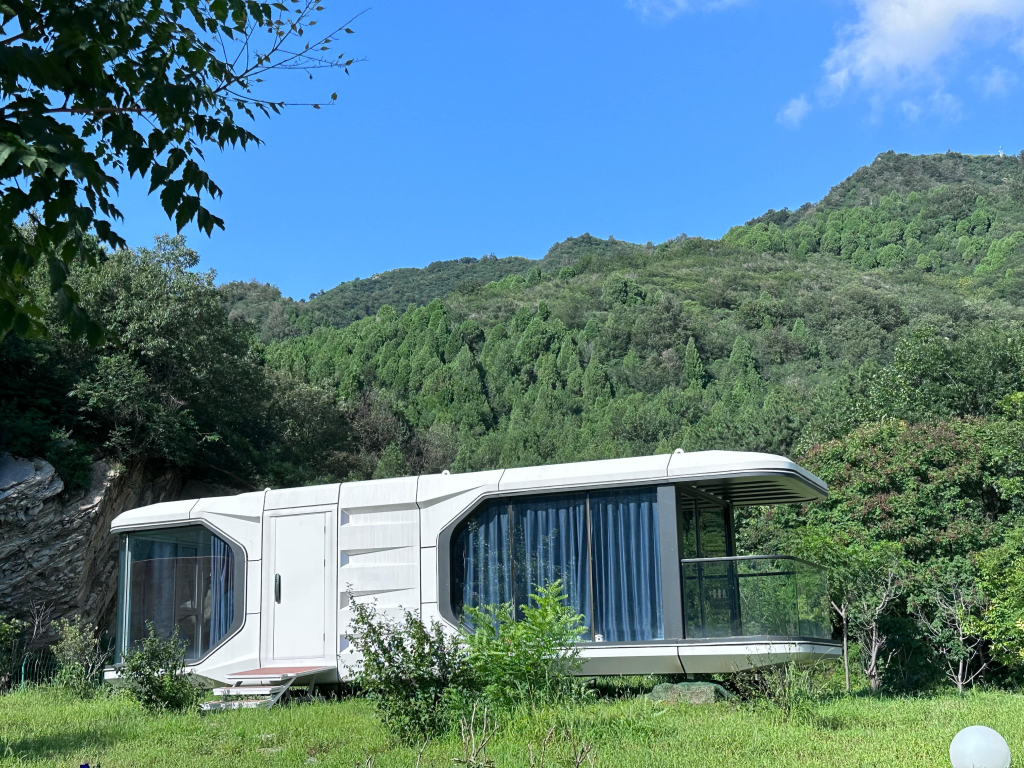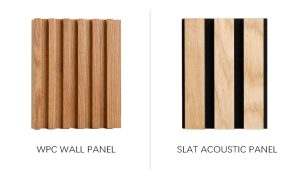Importing and buying capsule houses in China involves a complex process that includes understanding market needs, compliance with local regulations, finding reliable suppliers, and managing logistics. Here’s a detailed step-by-step guide:

1. Market Research and Feasibility Study
Understand the Market
- Demand Assessment: Assess the demand for capsule houses in your target area. Understand the preferences and requirements of potential buyers or renters.
- Competitive Analysis: Study existing competitors in the market. Identify their strengths and weaknesses to find your unique selling proposition.
Feasibility Study
- Cost Analysis: Calculate the total cost, including production, shipping, customs duties, and installation.
- Return on Investment (ROI): Estimate the potential ROI by comparing costs with projected sales or rental income.
2. Compliance with Local Regulations
Import Regulations
- Customs Duties and Taxes: Understand the customs duties and taxes applicable to importing housing units into China.
- Import Licenses: Obtain necessary import licenses and permits. This might involve working with local authorities or hiring a customs broker.
Building Codes and Standards
- Local Standards: Ensure that the capsule houses comply with Chinese building codes and standards. This includes safety, durability, and environmental regulations.
- Certification: Obtain relevant certifications from local authorities or third-party organizations.
3. Finding Reliable Suppliers
Research and Shortlist Suppliers
- Supplier Directories: Use online directories and trade platforms such as Alibaba, Made-in-China, or Global Sources to find manufacturers of capsule houses.
- Trade Shows: Attend trade shows and exhibitions in China to meet suppliers and see their products firsthand.
Supplier Verification
- Background Check: Conduct a thorough background check of potential suppliers. Verify their business licenses, production capacity, and quality control processes.
- References and Reviews: Ask for references and read reviews from other customers to gauge the reliability of the supplier.
4. Negotiating with Suppliers
Request for Quotation (RFQ)
- Detailed RFQ: Send a detailed RFQ to shortlisted suppliers. Include specifications, quantity, delivery timeline, and any customization requirements.
- Compare Quotes: Compare quotes from different suppliers, considering both price and quality.
Negotiation
- Price and Terms: Negotiate the price, payment terms, delivery schedule, and warranty conditions.
- Contract: Draft a contract that outlines all terms and conditions clearly. Include clauses for quality assurance, delivery timelines, and dispute resolution.
5. Managing Logistics and Importation
Shipping Arrangements
- Incoterms: Agree on Incoterms (International Commercial Terms) with your supplier to define responsibilities for shipping, insurance, and customs clearance.
- Freight Forwarder: Hire a reputable freight forwarder to handle shipping logistics, including booking cargo space, managing documentation, and coordinating with customs.
Customs Clearance
- Documentation: Prepare all necessary documentation for customs clearance, including invoices, packing lists, bills of lading, and import licenses.
- Customs Broker: Work with a customs broker to navigate the customs clearance process efficiently.
6. Delivery and Installation
Receiving the Shipment
- Inspection: Inspect the shipment upon arrival to ensure all components are intact and meet the specified quality standards.
- Storage: Arrange for secure storage if immediate installation is not possible.
Installation
- Site Preparation: Prepare the site for installation, ensuring it meets all necessary requirements.
- Assembly: Hire a local construction team experienced in assembling prefabricated or modular housing units.
- Utilities and Finishing: Connect utilities such as water, electricity, and internet. Complete any necessary finishing touches.
7. Marketing and Sales
Marketing Strategy
- Target Audience: Define your target audience and tailor your marketing strategy accordingly.
- Promotion: Use a mix of online and offline marketing channels to promote the capsule houses. This can include social media, real estate websites, local advertisements, and open house events.
Sales Process
- Sales Team: Train a sales team to handle inquiries, provide property tours, and close deals.
- Financing Options: Offer financing options or partner with local banks to make purchasing more accessible to buyers.
Additional Tips
- Cultural Sensitivity: Be aware of cultural differences in business practices and consumer preferences.
- Legal Counsel: Engage legal counsel to navigate the complexities of real estate and importation laws.
- Continuous Improvement: Collect feedback from buyers and continuously improve your product and service offerings.

By following these steps, you can successfully import and buy capsule houses in China, ensuring compliance with regulations and meeting market needs effectively.






